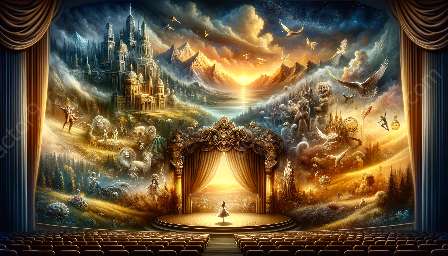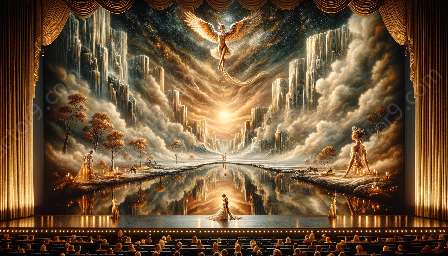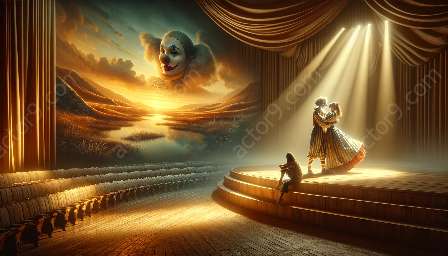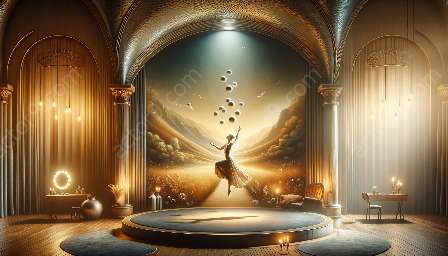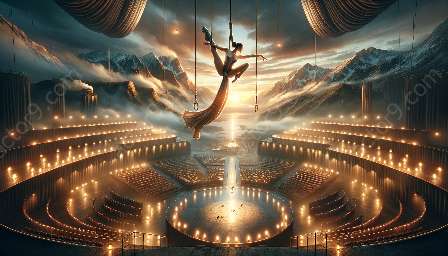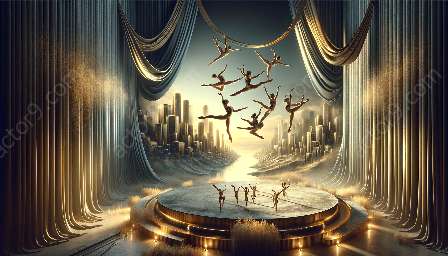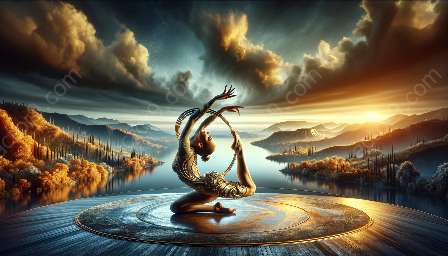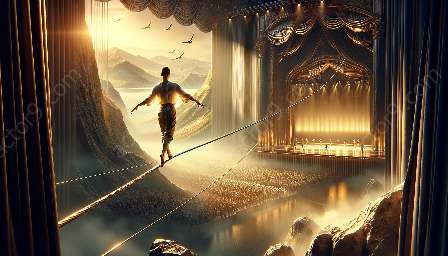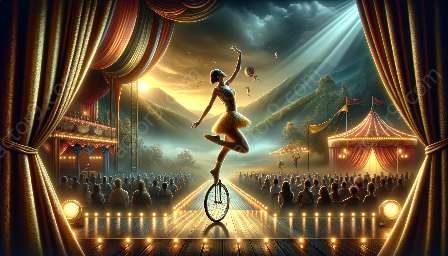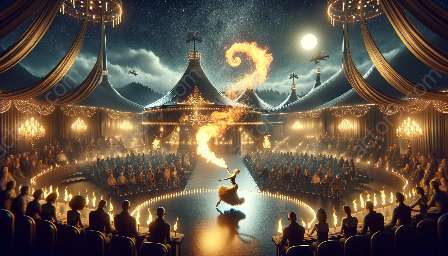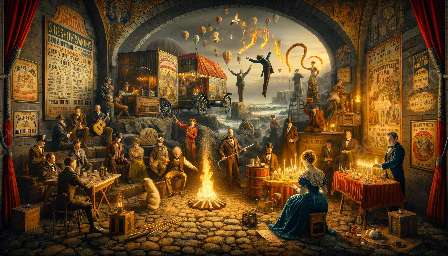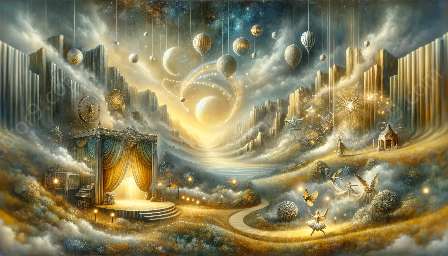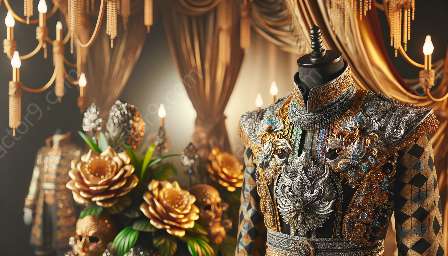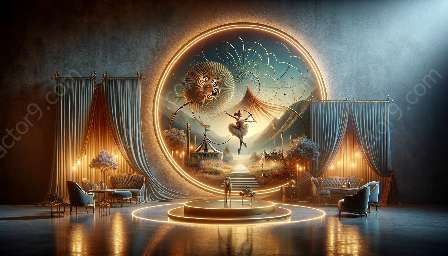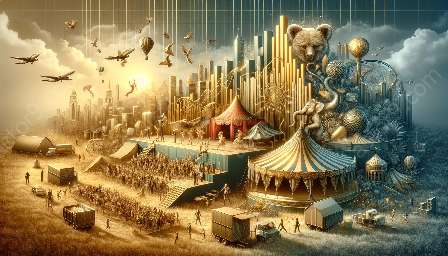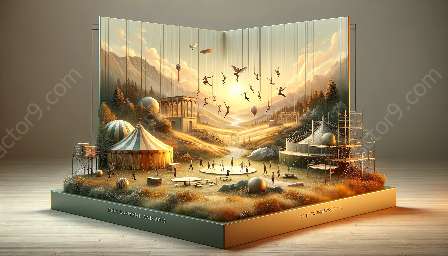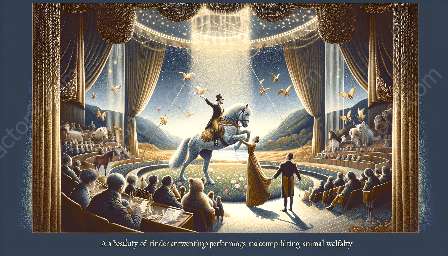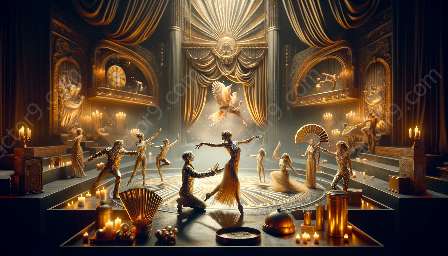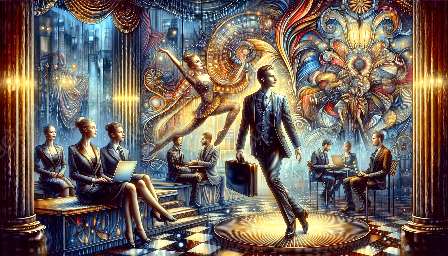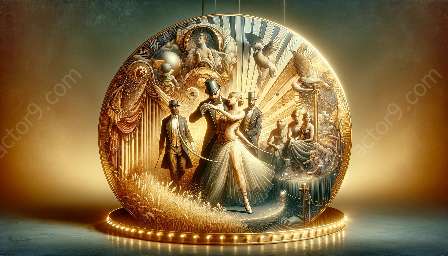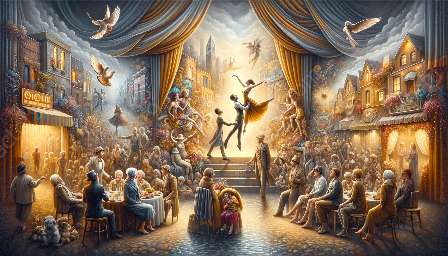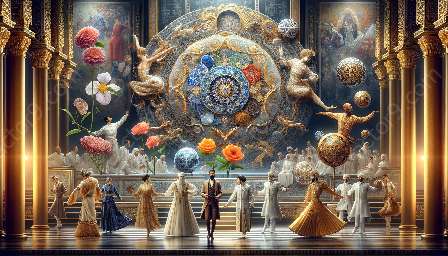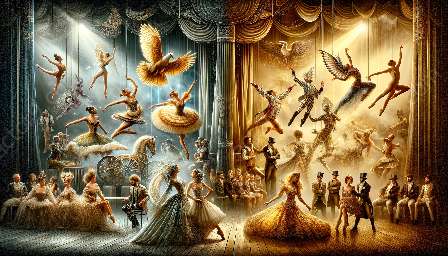The circus arts have long been recognized for their ability to provide a unique and unconventional learning experience. By delving into the world of circus arts, individuals can gain valuable skills and insights that extend far beyond the realm of performing. Through comparative studies in circus arts, learners can also deepen their understanding of different cultures and traditions. This cluster will explore the educational applications of studying circus arts and how it can contribute to personal and academic growth.
Physical Fitness and Well-being
One of the most prominent educational benefits of studying circus arts is the enhancement of physical fitness and overall well-being. Circus arts require strength, flexibility, coordination, and agility, leading participants to develop a high level of physical fitness. By engaging in activities such as acrobatics, aerial arts, and tightrope walking, individuals can improve their cardiovascular endurance, muscular strength, and balance. These physical benefits contribute to a healthier lifestyle and instill a sense of discipline and determination.
Creative Expression and Artistic Development
Studying circus arts also fosters creative expression and artistic development. Participants are encouraged to explore their creativity and develop their own unique performance style. Whether it's learning the intricacies of juggling, mastering the art of clowning, or perfecting aerial routines, circus arts provide a platform for individuals to express themselves in a visually captivating manner. This creative outlet not only nurtures artistic talents but also promotes self-confidence and self-expression.
Teamwork and Collaboration
Another significant educational application of studying circus arts is the emphasis on teamwork and collaboration. Circus acts often involve multiple performers working together to create a cohesive and synchronized performance. Participants learn the importance of trust, communication, and cooperation as they engage in group activities, partner acrobatics, and ensemble performances. These collaborative experiences cultivate essential social skills and teach individuals the value of working towards a common goal, fostering a strong sense of camaraderie and unity.
Comparative Studies in Circus Arts
Comparative studies in circus arts offer a rich and multi-faceted approach to understanding different cultures and traditions. By exploring the history and evolution of circus arts across various regions and societies, learners gain valuable insights into the social, historical, and artistic aspects of different communities. The comparative study of circus arts provides a unique lens through which to analyze and appreciate the diversity of human experiences, fostering cross-cultural understanding and empathy.
Integration into Academic Curriculum
As the educational value of circus arts becomes increasingly recognized, many academic institutions are integrating circus-related programs and courses into their curriculums. From physical education classes incorporating circus skills to interdisciplinary studies that examine the cultural significance of circus traditions, the academic landscape is evolving to embrace the educational potential of circus arts. This integration offers students the opportunity to broaden their horizons and develop a holistic understanding of the world around them.
Conclusion
The educational applications of studying circus arts extend beyond the boundaries of traditional academic subjects, offering a holistic approach to personal and academic development. Through the cultivation of physical fitness, creative expression, teamwork, and cross-cultural understanding, the study of circus arts enriches the lives of participants and contributes to a well-rounded education. By recognizing the educational potential of circus arts and emphasizing their significance in comparative studies, individuals have the opportunity to expand their horizons and embrace the diverse educational opportunities presented by the captivating world of circus arts.

